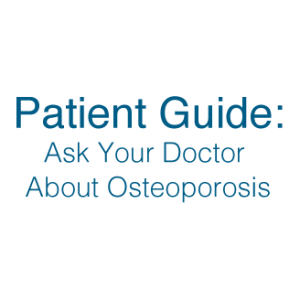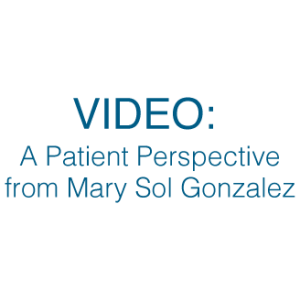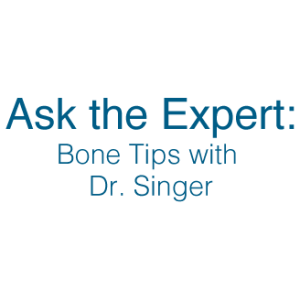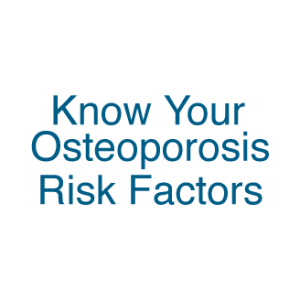
Strong Bones. Stronger Women.
In the U.S. one in two women age 50+ will sustain an osteoporosis fracture1. Early osteoporosis detection is key to keeping you safe.
Strong Bones. Stronger Women.
In the U.S. one in two women age 50+ will sustain an osteoporosis fracture1. Early osteoporosis detection is key to keeping you safe.
Enter your information to receive a list of facilities near you that offer bone mineral density screenings on the Horizon® DXA system*.
Welcome to better bone health!
What is Osteoporosis?
Osteoporosis is a systemic skeletal disease characterized by low bone mass, which in turn makes you more susceptible to fractures (broken bones)1.
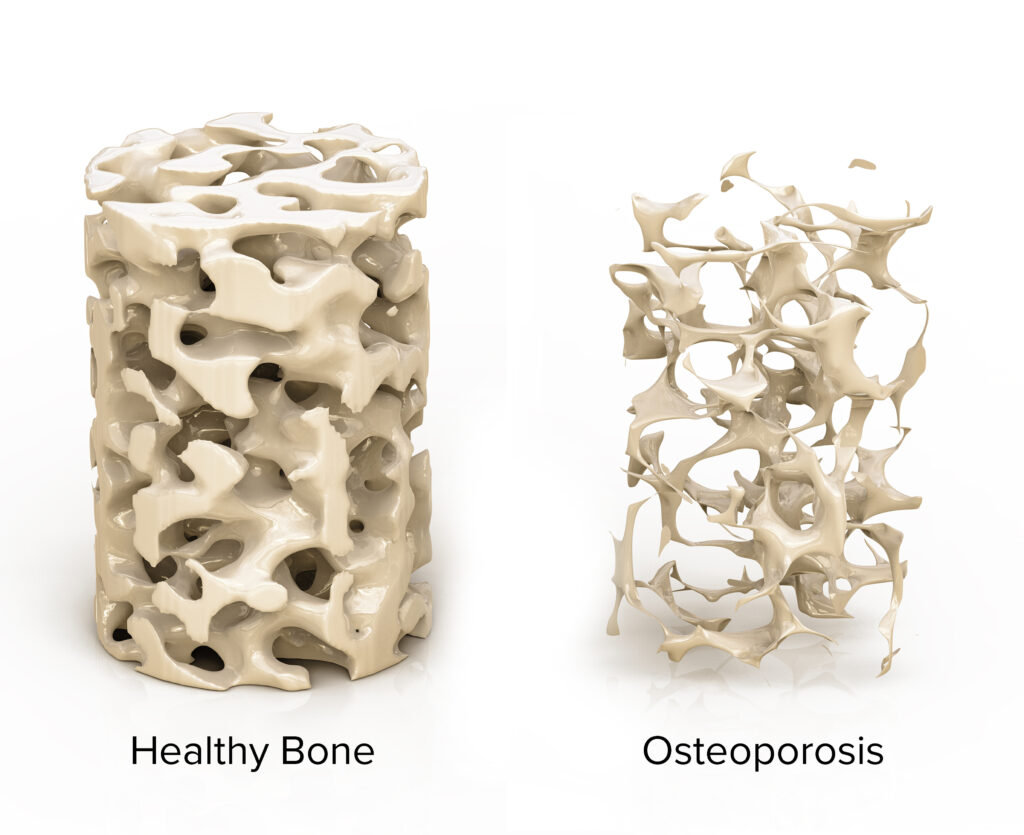
A bone density test on the Horizon® DXA system provides superb image quality and advanced diagnostic tools to support early detection and treatment of osteoporosis.2
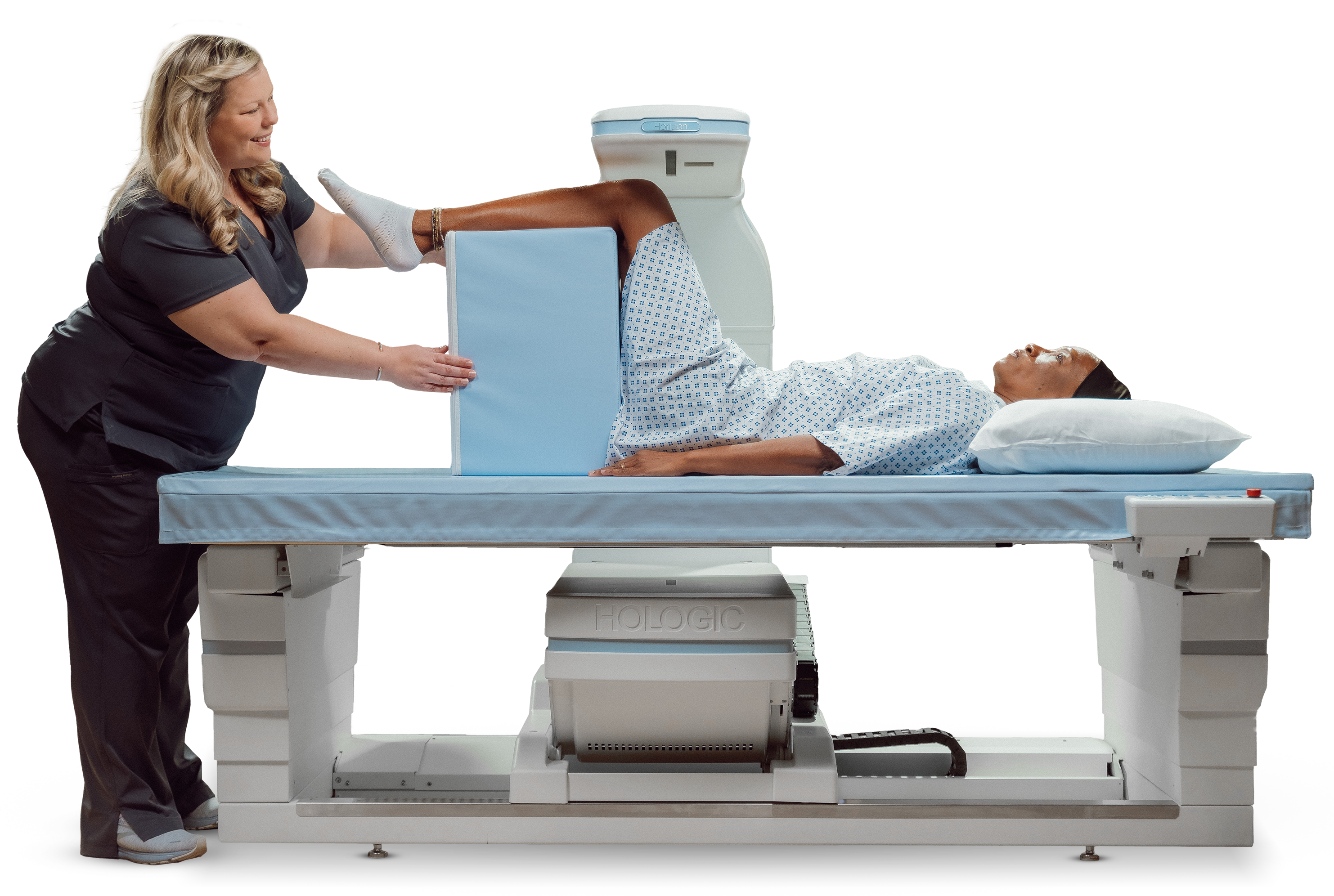
What to expect during your DXA scan
- Quick 3-minute scan covering both hip and spine3
- You will be lying on a comfortable padded table
- No injections, non-invasive, and painless
- No need to prepare — just wear comfortable clothing without any metal clasps, buttons or zippers
- Very low-dose x-ray – equivalent to one day of background radiation or the dose you receive on a cross-country flight4
Learn more about how osteoporosis affects you
A bone density test is the only test that can diagnose osteoporosis before a broken bone occurs5.
![]()
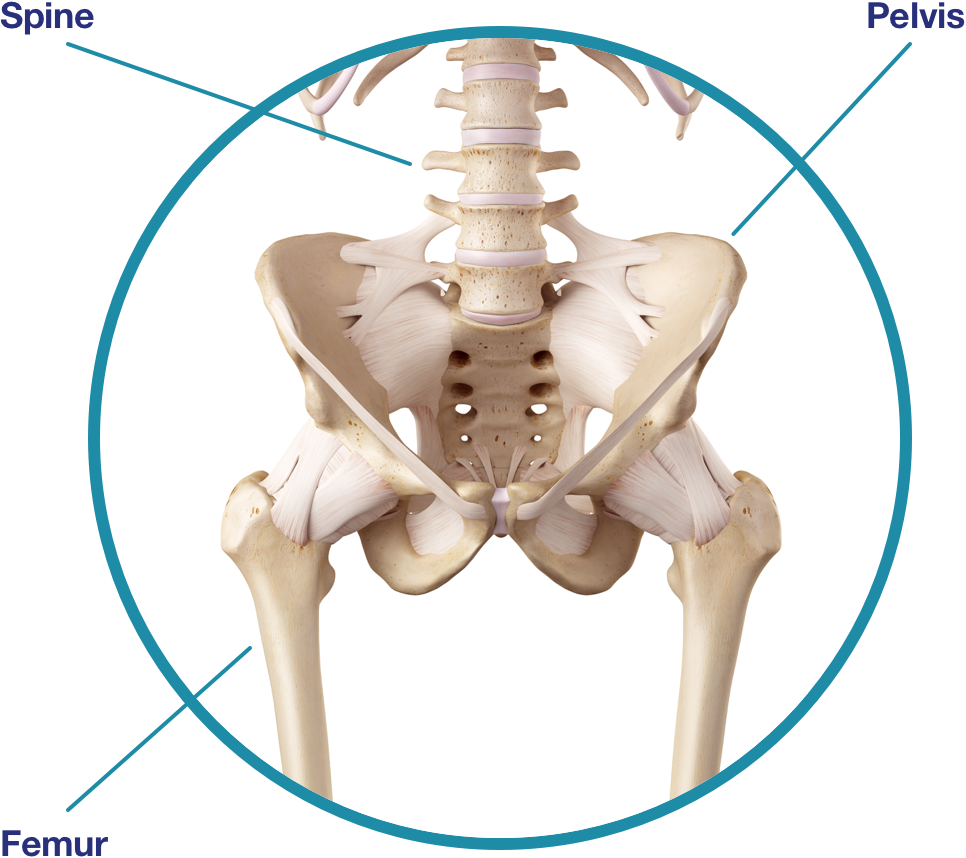
What is a bone mineral density (BMD) exam?
- A DXA scan identifies your risk for osteoporosis and fracture by measuring bone mineral density (BMD) in your hip, spine, or other bones.
- A bone density test is the only test that can diagnose osteoporosis before a broken bone occurs5.

Osteoporosis: It’s not just a women’s disease6.
- Up to one in four men over age 50 will break a bone due to osteoporosis
- Men older than age 50 are more likely to break a bone due to osteoporosis than they are to get prostate cancer
- Each year, about 80,000 men will break a hip
- Men are more likely than women to die within a year after breaking a hip due to problems related to the break
Why is the Horizon® DXA system better?
The Horizon® DXA system is more accurate than other DXA systems7. We ensure that our high-resolution clinical images enable doctors to see more, so they can make more informed diagnoses and treatment decisions in time to have a positive impact on your health and well-being2,8.
Hologic set the gold standard for bone densitometry in 1987 with the first dual-energy X-ray absorptiometry (DXA) system. Today, we continue to take bone health to new heights, with the Hologic DXA platform, which assesses osteoporosis, cardiovascular disease and obesity.
